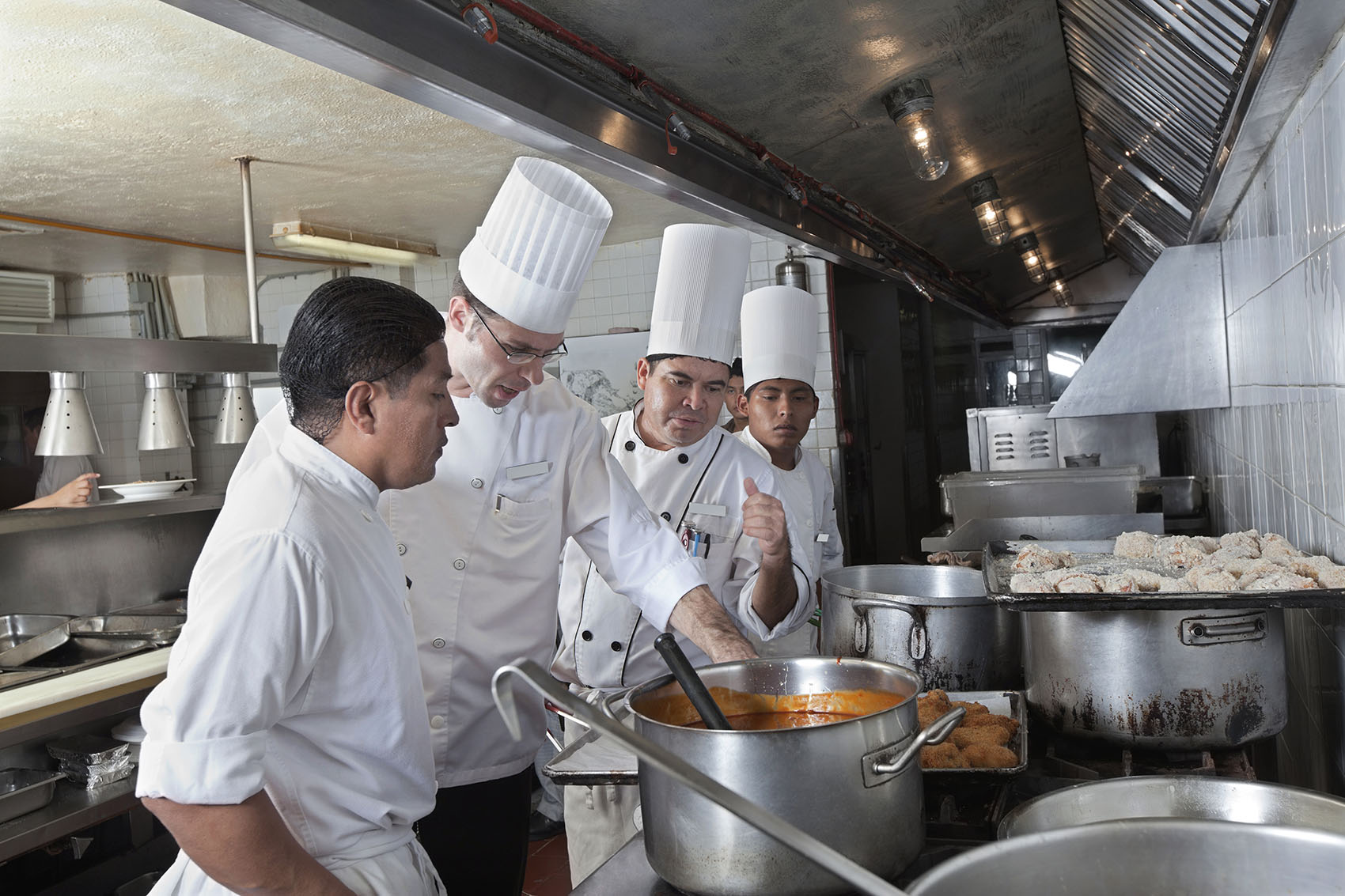Introduction
Catering management is an exciting and rewarding career that combines creativity, leadership, and business skills. As a Catering Manager, you oversee food and beverage services, ensuring that everything runs smoothly while delivering an exceptional experience to customers. Whether managing a corporate event, a wedding, or a large-scale institutional catering operation, a catering manager plays a pivotal role in hospitality management. This guide will take you through the key responsibilities, skills, qualifications, career prospects, and frequently asked questions about this dynamic role.
Responsibilities of a Catering Manager
A Catering Manager wears many hats, ensuring seamless food and beverage operations. Their primary responsibility is to oversee all aspects of catering services, from planning menus to ensuring compliance with health and safety regulations.
One of the key duties is menu planning, which involves working with chefs to curate dishes that align with the client’s vision, dietary preferences, and budget. Additionally, a Catering Manager is responsible for supply ordering, ensuring that fresh, high-quality ingredients are available. Managing staff supervision is crucial in maintaining a smooth workflow and guaranteeing that every meal is prepared and served with excellence.
Another major responsibility is budget management, ensuring profitability while maintaining service quality. This involves pricing services appropriately, monitoring expenses, and keeping track of financial record-keeping. Ensuring customer satisfaction is at the heart of this role, requiring a strong focus on hospitality and quick problem-solving skills to handle any concerns that arise.
Types of Catering Managers
Catering Managers work across various industries, with their responsibilities differing depending on the setting. Some specialize in event catering, where they manage food services for weddings, corporate functions, and other large gatherings. This type of catering manager must be highly organized, ensuring that large volumes of meals are prepared and served efficiently.
Others work in contract catering, managing food services for institutions such as schools, colleges, universities, hospitals, and care homes. Here, the focus is on providing nutritious and cost-effective meals in compliance with health and safety regulations. In-house catering managers operate within corporate offices, hotels, sports venues, factories, and government buildings, ensuring seamless food services tailored to the needs of employees and guests.
Essential Skills for a Catering Manager
Being a successful Catering Manager requires a diverse skill set. Strong leadership and staff training abilities are crucial for managing teams efficiently, ensuring that every team member understands their role and contributes to the operation’s success. Communication and problem-solving skills are essential in handling client requests and resolving unexpected challenges on the go.
A Catering Manager must also have excellent budget management and administrative duties skills, as they are responsible for maintaining financial records and ensuring operational costs remain within budget. Moreover, attention to detail is critical when dealing with food quality control, ensuring that every meal meets high standards.
Qualifications Needed to Become a Catering Manager
While formal education isn’t always required, many successful Catering Managers have backgrounds in hospitality management or food and beverage management. A degree in hospitality, catering, or business administration can be beneficial, as it provides essential knowledge in business operations, customer service, and financial management.
Additionally, obtaining industry certifications, such as a Food Safety and Hygiene Certification, enhances credibility and ensures compliance with health regulations. Practical experience gained through internships or part-time jobs in the food service industry can significantly boost career prospects.
Gaining Work Experience in Catering Management
Work experience is invaluable in the catering industry. Many Catering Managers start their careers in entry-level positions, such as servers, kitchen assistants, or event coordinators, before advancing into management roles. Gaining hands-on experience in menu planning, supply ordering, and staff supervision helps build the necessary skills for leadership positions.
Aspiring Catering Managers can also gain experience by working in diverse settings, including shopping centres, leisure centres, entertainment venues, and sports venues. Exposure to different catering environments helps develop adaptability and problem-solving skills, crucial for handling high-pressure situations.
Career Prospects and Opportunities
The catering industry offers numerous career growth opportunities. Catering Managers can advance to Food and Beverage Managers, overseeing entire hospitality operations. Others may choose to start their own event catering or contract catering business, leveraging their expertise to create a brand known for excellence.
There are also opportunities to work internationally, especially in luxury hotels, resorts, and cruise ships. With experience, Catering Managers can move into executive roles, such as Director of Catering or Hospitality Operations Manager, taking on larger responsibilities and overseeing multiple locations.
Conclusion
A career as a Catering Manager is dynamic, rewarding, and full of opportunities for growth. Whether working in hotels, corporate offices, hospitals, or event venues, the role is essential in ensuring top-quality food service. With the right combination of skills, experience, and passion for hospitality, Catering Managers can build a fulfilling and successful career in the industry.
Frequently Asked Questions (FAQs)
- What is the main role of a Catering Manager?
A Catering Manager oversees food and beverage services, ensuring efficient operations, customer satisfaction, and compliance with health and safety regulations.
- What qualifications do I need to become a Catering Manager?
While a degree in hospitality management or business administration is beneficial, practical experience in food service and certifications in food safety and hygiene are also valuable.
- What are the key skills required for this role?
Key skills include staff supervision, menu planning, budget management, customer service, food quality control, and problem-solving abilities.
- Where do Catering Managers work?
Catering Managers work in various settings, including hotels, schools, universities, hospitals, corporate offices, leisure centres, entertainment venues, and event catering businesses.
- How can I gain experience in catering management?
Starting in entry-level positions such as a kitchen assistant or event coordinator helps gain hands-on experience. Internships and volunteering at catering events are also great ways to build expertise.
- What are the career growth opportunities for Catering Managers?
Catering Managers can advance to roles like Food and Beverage Manager, Hospitality Operations Manager, or even start their own catering business.
- How much does a Catering Manager earn?
Salaries vary based on experience, location, and industry. However, experienced Catering Managers in hotels, corporate catering, and event management can earn competitive salaries with additional perks.
A career in catering management is a fantastic opportunity for those who love food, organization, and customer service. If you’re passionate about delivering top-quality dining experiences, this role can be your pathway to a thriving career in the hospitality industry.













